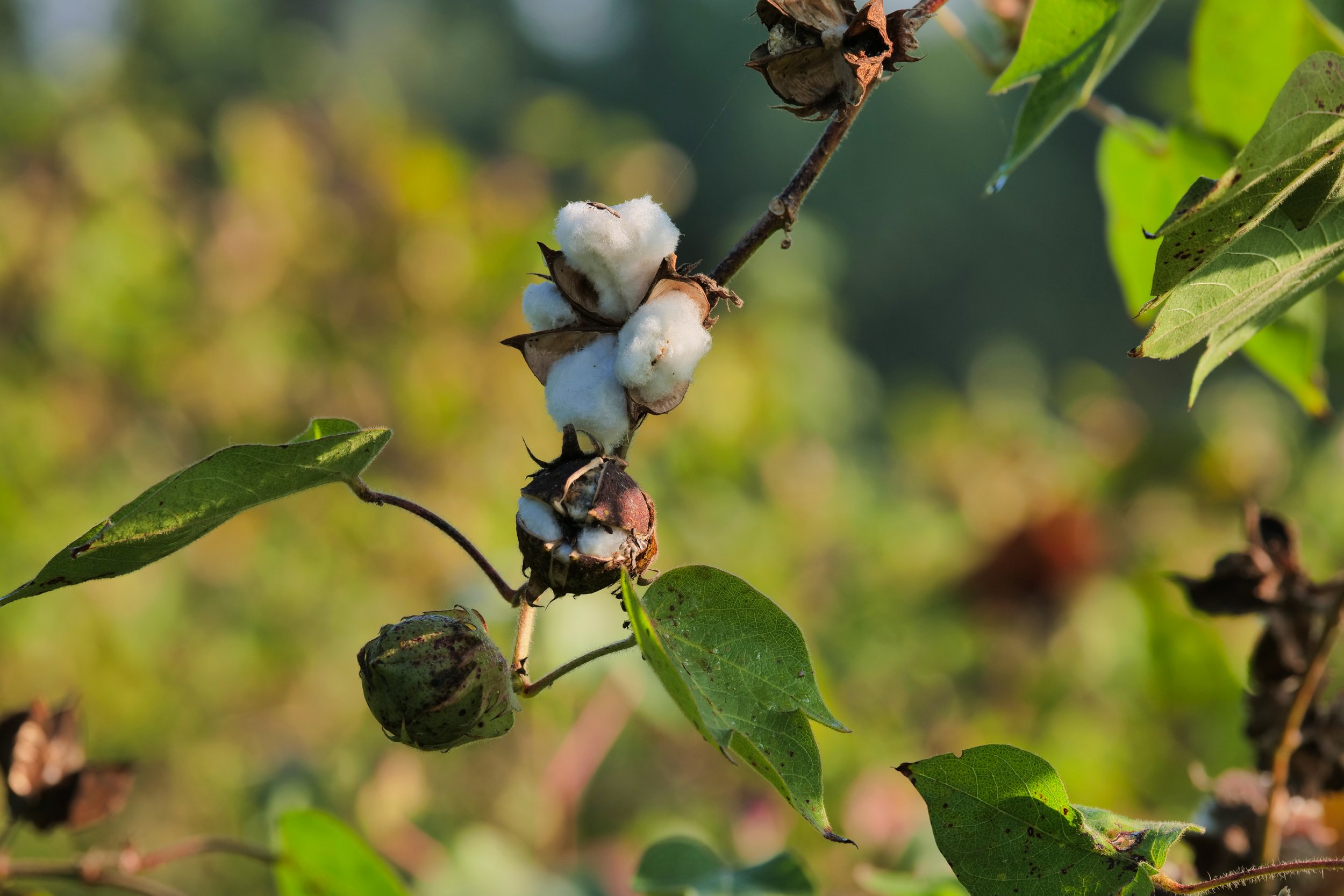Collaborating to increase climate resilience
The 4 challenges the agri-commodity sector must work together on if we’re to deliver on COP26 promises. Get to know more from Alison Ward, CEO, CottonConnect
Cotton, cocoa, barley and palm oil each demand different things from their agricultural process – from the way seeds or trees are planted, to the frequency of harvest.
But there are a series of environmental and social factors determining the ongoing sustainability of these commodities that they share in common. Having worked in the world of sustainable sourcing for the last decade and a half, I’m delighted to see those that have spent years working in silos waking up to the benefit and value of collaborating across supply chains, especially given the urgency of the climate crisis, and the impact that is having on some of the world’s poorest people.
This was the thrust of our conversation during the recent virtual roundtable hosted by the Roundtable on Sustainable Palm Oil (RSPO) which examined how we build climate resilience in the palm oil sector.
Together with my fellow panellists from Airbus, Earthworm Foundation, Tropical Forest Alliance and World Resources Institute, we unearthed four common challenges that the agri-commodity sector must solve together if we are to meet renewed global COP26 commitments.
1. Climate change is not just about the environment. It’s about people.
It was no surprise to see the issues of forest loss and land use dominate conversations at the COP26 meeting. The commitments made to end and reverse deforestation by 2030 underlines the need for solutions such as certification. We see that environmental and social impacts are intersecting – and if we put people at the centre of the conversation we will address environmental Issues, while protecting the most vulnerable people in society.
Standards, such as RSPO’s and those developed by CottonConnect, offer some much-needed guidance in this area.
But businesses downstream must step up to provide the investment needed to scale efforts in local intervention and engagement to enforce and maintain fair labour practices in supply chains, whether in cotton, palm oil or cocoa. Brands must consider their responsibilities to their entire workforce, right down to Tier 4. Their long-term supply of commodities depends on climate resilience being built at a farmer level.
In textiles, this means brands and companies meeting farmers, ginners and spinners to understand their concerns and investing adequate resources to address them. This can build real trust in cotton growing communities – something we’ve seen first-hand with our programmes in India and Pakistan, where people are having their health and safety needs met, and being encouraged to consider income diversification, for example.
2. We must support rural livelihoods
Creating farmer resilience in the face of a changing climate is not just a ‘win’ for the planet. The farmers who take part in our programmes continue to report stronger yields and improved incomes. Producing commodities more ecologically can create social empowerment by strengthening workforce capacity, creating jobs and improving local economic conditions.
I agree with Justin Adams from the Tropical Forest Alliance who said we need more “ecopreneurs” to drive real change. If we can encourage more people in rural communities to optimise the use of their existing resources such as their land through sustainable practices, we can show farming to be more lucrative, incentivising others to follow in their footsteps.
Brands and retailers that have direct relationships with commodity-growing get to see the real people who are part of the often complex supply chain. They also realise that a sustainable supply chain is about resilience – economic, environmental and social.
3. Supporting women is more important than ever.
As we highlighted in our recent report, Listening to Women’s Voices on the Effects of Climate Change, women cotton farmers are disproportionately being affected by climate change. They are losing their income due to the loss of productivity. They are losing time because they are spending more time looking after the farm, livestock and family. Many women who previously earned money by doing craftwork like embroidery, or running a small business, no longer have time to do this. And the rise in temperature and humidity, and weather extremes, is leaving women more vulnerable to infectious diseases, allergy, and heat exhaustion.
Gender-specific training on sustainable and socially responsible agricultural practices is key, across commodities. We know that when women receive specialist training, they develop their role as farmers, feel more empowered to speak up, and improve their decision-making – all of which can lead to an increase in income.
It is also important to ensure that women have the same access to technology as their male counterparts so as not to be at an unfair disadvantage. When we researched the use of technology among the cotton farmers in our programmes we found 56% of farmers used smartphones, but only 10% of these were women farmers.
4. Technology can be an enabler of positive change.
Leveraging innovation and technologies to address climate challenges is crucial for the agricultural sector in rural environments. It can help us to understand soil health and irrigation needs. Advances in genetics can also enable the use of seeds that are more resistant to climate impacts, such as drought.
But technology isn’t just being used to support the adoption of more sustainable practices. Crucially, it can provide greater traceability that can enable businesses to uphold their sustainability commitments.
Our own TraceBale technology is a bespoke traceability software tool, which can be fed with data from farmers, ginners, spinners, and other processors in the chain, such as farmers’ demographic and agronomic data. This helps to give visibility of the difficult-to-track last mile of farmer transactions, helping to verify farm production against ginner procurement and give brands a clear and consistent overview of all stages of their supply chain.

































